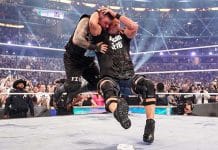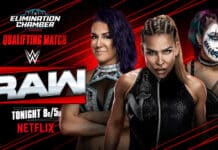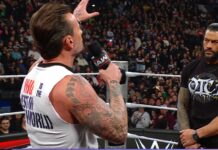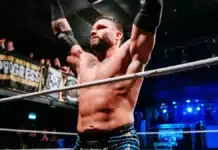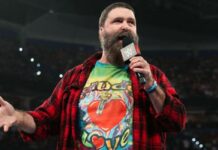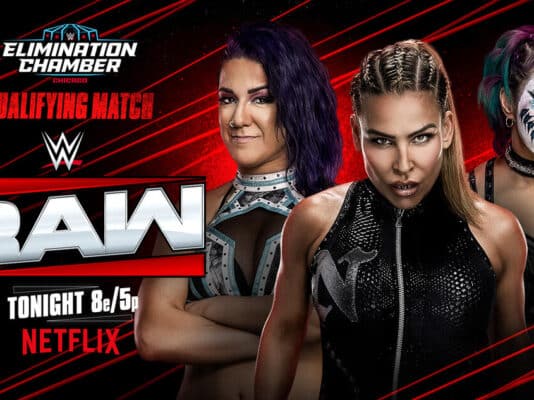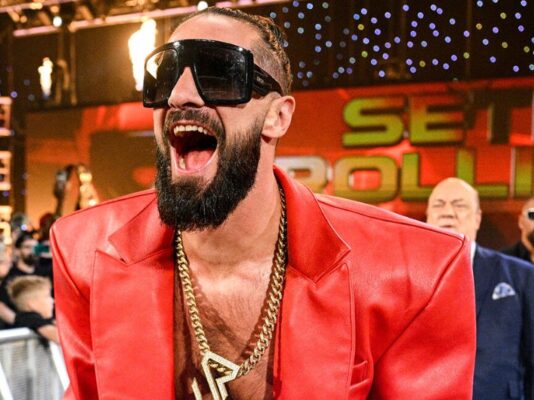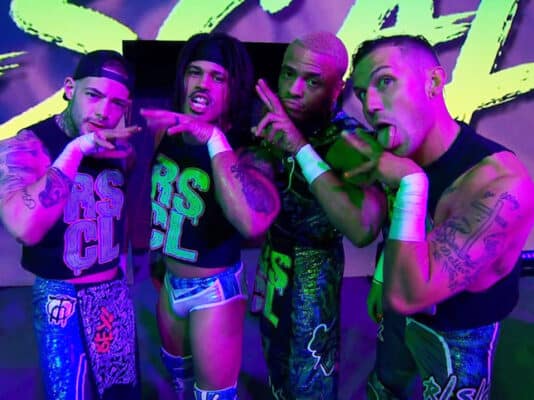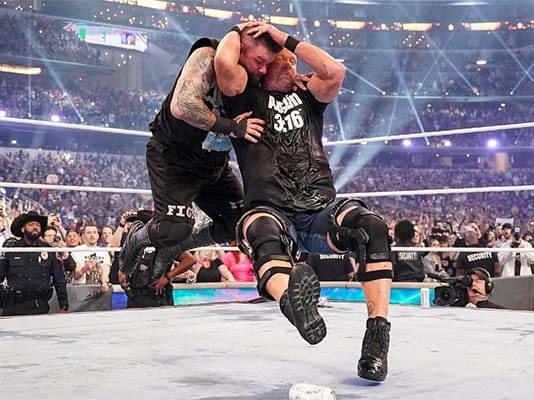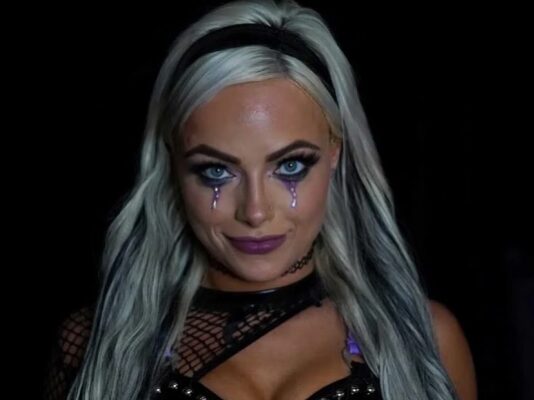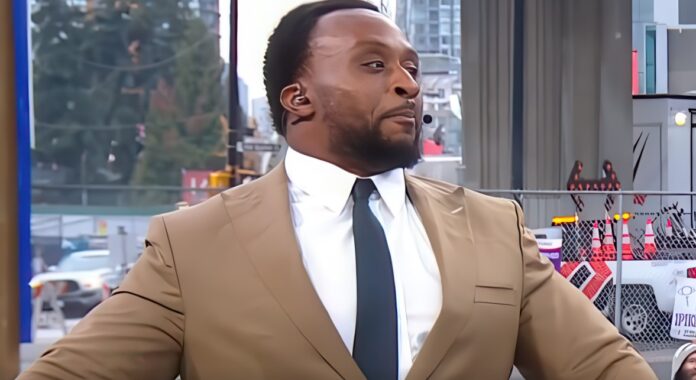
In a deeply emotional and revealing conversation on What’s Your Story? with Stephanie McMahon, former WWE Champion Big E spoke openly about his decades-long struggle with severe depression — a battle that began when he was just a child and continued even during the height of his WWE success.
“My first memory of struggling with depression was nine years old,” Big E shared. “Looking in the mirror and just crying and thinking, ‘I want to be anyone but me,’ just feeling very much alone, feeling like truly anyone else but who I was, and I just was not comfortable in my skin.”
He explained that his mental health challenges worsened during his college years after a series of devastating football injuries. Those experiences led to a diagnosis of major depression with psychotic features, which included hallucinations. “My journey in therapy was not a smooth one,” he admitted. “I had many, many struggles. I was on antidepressants… I was on antipsychotic medicine as well. It got to a point too where I was even in a psych ward at the University of Iowa.”
Despite later achieving stardom as part of The New Day, one of the most successful factions in WWE history, Big E revealed that the darkness still lingered. “I still struggled with suicidal thoughts, even at the height of The New Day, when we’re taking off,” he said. “So many times I didn’t know why I was here. I didn’t see the light at the end of the tunnel.”
It wasn’t until the COVID-19 pandemic that Big E found the space to truly address his mental health. He turned to meditation, mindfulness, and therapy, practices that he credits with transforming his outlook. “It vastly changed my life,” he reflected. “I just started to realize that I could breathe, that I could find peace, that I could be okay with being me.”
Big E has been sidelined since suffering a broken neck in March 2022, an injury that may prevent him from ever being cleared to wrestle again. Still, he remains one of WWE’s most respected and beloved figures, using his platform to advocate for mental health awareness and resilience.
“I’ve learned that healing doesn’t mean the pain never existed,” he said during the interview. “It just means it no longer controls you.”


